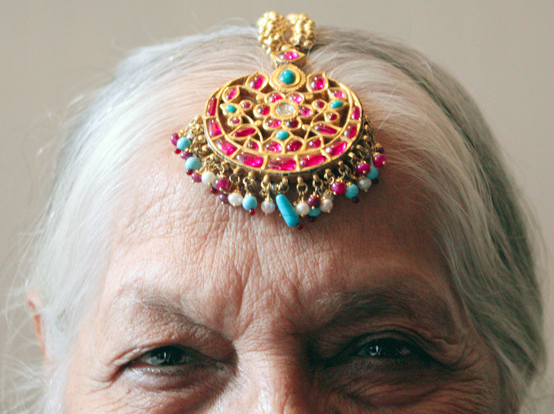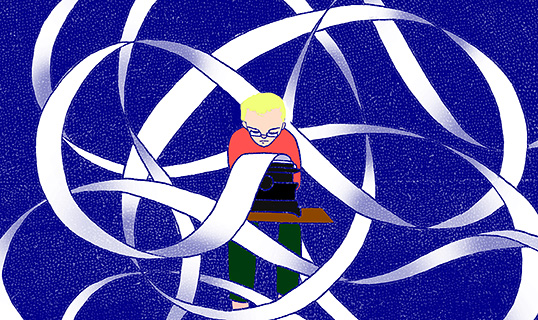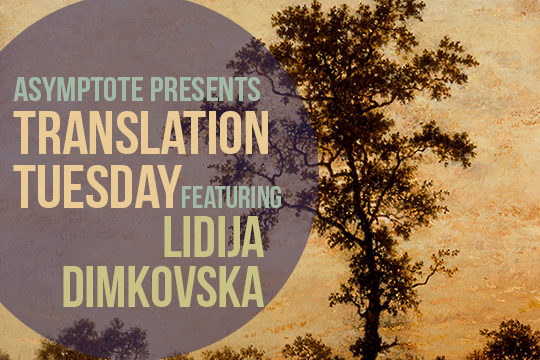Seventy years ago today the British left the Subcontinent, and India and Pakistan became separate sovereign states. The Partition is often represented in terms of numbers—one million people were killed and twelve million became refugees. Visual artist Aanchal Malhotra has been making the migrants visible by recording the stories behind the objects the migrants brought to their new homes. One of the intangibles they carried were their languages. Asymptote Social Media Manager Sohini Basak sat down for a long chat with Malhotra to discuss her latest book that records these remnants. A very happy independence day to our Indian and Pakistani readers!
2017 marks not only seventy years of Independence of India and Pakistan, but also of the 1947 Partition, which saw one of the greatest migrations in human history. Close to fifteen million people were uprooted and had to migrate to or from India and the newly created nation, Pakistan.
In her book, Remnants of a Separation, artist and oral historian Aanchal Malhotra looks at the Partition narrative through the lens of the objects that the refugees brought with them as they made the journey. These objects were either the first things they could grab when they found themselves suddenly engulfed by communal riots, or things they considered essential or valuable as they prepared to settle in an unfamiliar land. Aanchal has also founded the Museum of Material Memory, “a digital repository of material culture of the Indian subcontinent, tracing family history and social ethnography through heirlooms, collectibles and objects of antiquity.”
I meet Aanchal in a café on a rainy afternoon in Delhi to talk about the languages she encountered while undertaking this curatorial project. After moving back to India from her studies abroad in 2013, Aanchal realized that in its race to be modern and in tune with the times, her generation—young, urban Indians in their twenties and thirties—often forgot to care about the items of the past. She started visiting historical sites every weekend and, from those visits and discoveries, extended the Partition project, which she started documenting on her blog. “I wanted to share the things I learned from people,” Aanchal says, when I ask her about the impulse that started it all.




